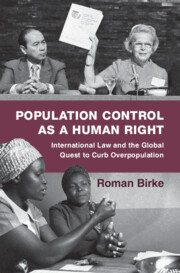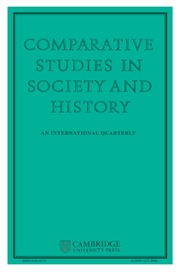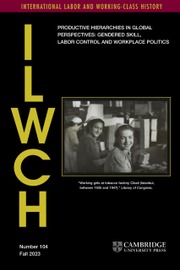Population Control as a Human Right
Concerns about global overpopulation spread rapidly in the 1940s and still persist today. The UN Resolution on Human Rights and Family Planning (1968) provided justifications for the argument that population growth endangered the realization of human rights and codified a right to contraception to halt this growth. Conversely, human rights were also invoked on the other side of this debate, with family planning regarded as an essential individual right independent of demographic considerations. Roman Birke explores how human rights became central to this debate, utilised by international actors including NGOs, the women's movement, international lawyers, and institutions such as the United Nations. He analyses how couples' intimate choices related to domestic and international policy, and how this varied across the world, through case studies of India, Ireland, the USA, and Yugoslavia. This is an essential contribution to the evolving literature on the role of reproductive politics in global political landscapes.
- Introduces the conflict between individual and collective human rights in relation to population control
- Demonstrates the complexity of human rights narratives, their regional specificity, and changes over time
- Utilises cultural and sexual politics as a lens for understanding transnational relations and actors
Reviews & endorsements
'This original and important work analyzes the surprising and contradictory ways in which advocates of population control invoked human rights as a justification for their policies from the 1940s on. Roman Birke reconstructs decades of debate about whether population control was a collective human right or an individual one; whether individual rights to control reproduction could be violated-even coercively- in the interests of society as a whole; whether population control was a prerequisite for realizing human rights or promoting social and economic human rights was the key to population control. Birke's meticulous analysis of the discourses of proponents and opponents of population control as a human right is accompanied by insightful case studies of how these debates played out in diverse national contexts. Population Control as a Human Right provocatively challenges prevailing understandings of the histories of human rights and of global reproductive politics.' Mary Nolan, New York University
Product details
October 2025Hardback
9781009601160
242 pages
229 × 152 mm
Not yet published - available from October 2025
Table of Contents
- Acknowledgements
- List of figures and tables
- 1. Introduction
- 2. Overpopulation discourse and the post-1945 order
- 3. Interventionist population policies of the 1950s
- 4. Breakthrough of a human rights framework in the 1960s
- 5. Interpretive struggles in the 1960s and 1970s
- 6. Crisis and expansion of human rights in the 1970s
- 7. Domestic interpretations of the human right to family planning
- 8. Conflicts over reproductive rights since the 1980s
- 9. Conclusion
- References
- Archives.






